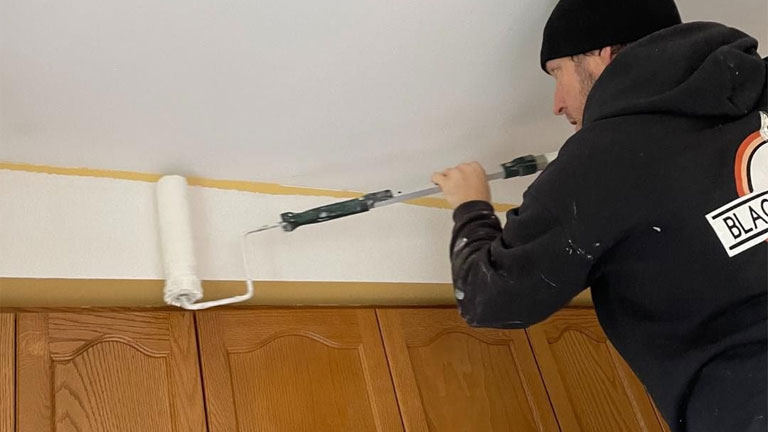 Every now and then electrical wiring needs some repairs or upgrades and like any other repair or improvement project, electrical work requires tools. If you are someone who needs to tackle some minor electrical project or you are an electrician who has some projects going on, then you know that it is necessary to have a commercial electrical toolkit with all the complete tools inside. These electrical tools will help you accomplish all the important tasks that arise every now and then and will help you in installing an access door product.
Every now and then electrical wiring needs some repairs or upgrades and like any other repair or improvement project, electrical work requires tools. If you are someone who needs to tackle some minor electrical project or you are an electrician who has some projects going on, then you know that it is necessary to have a commercial electrical toolkit with all the complete tools inside. These electrical tools will help you accomplish all the important tasks that arise every now and then and will help you in installing an access door product.
Here are some of the most important DIY tool must-haves that should be in your commercial electrical toolkit:
- Tape Measure
- This is probably the one thing that you must never forget in your toolkit. A standard tape measure can be used for all kinds of measurements in your projects, such as setting heights for outlets and switches, fixture boxes, and more importantly, marking surfaces for cutouts when you are planning to install an access door product.
- Hammer
- A framing hammer is used for many things but it can also be used for securing electrical boxes. It is also needed to drive wire staples when attaching a new electrical cable to framing members.
- Torpedo Level
- A torpedo level is a handy tool that you can just carry around in your toolkit. It is used to make sure that your work is level. It is important to have level boxes and straight switch and outlet covers. Moreover, you can have other uses for a torpedo level beyond electrical work.
- Screwdrivers
- This is something that electricians always keep with them. When considering screwdrivers for your electrical toolkit, make sure that you have different sizes and those with insulated rubber jackets covering the handles for your safety.
- Wirecutters
- A sturdy pair of wirecutters will be your hero when you have to deal with tough, really hard-to-cut wire insulations. Don’t forget to look for a fairly large pair with insulated handles.
- Utility knife
- A utility knife or box cutter is very handy for cutting non-metallic cables and opening cardboard boxes.
Lastly, when choosing the tools that should be in your toolkit, make sure that you choose the best quality tools. They may cost you more than necessary but it is sure to be a great investment that you can use for a longer time.




